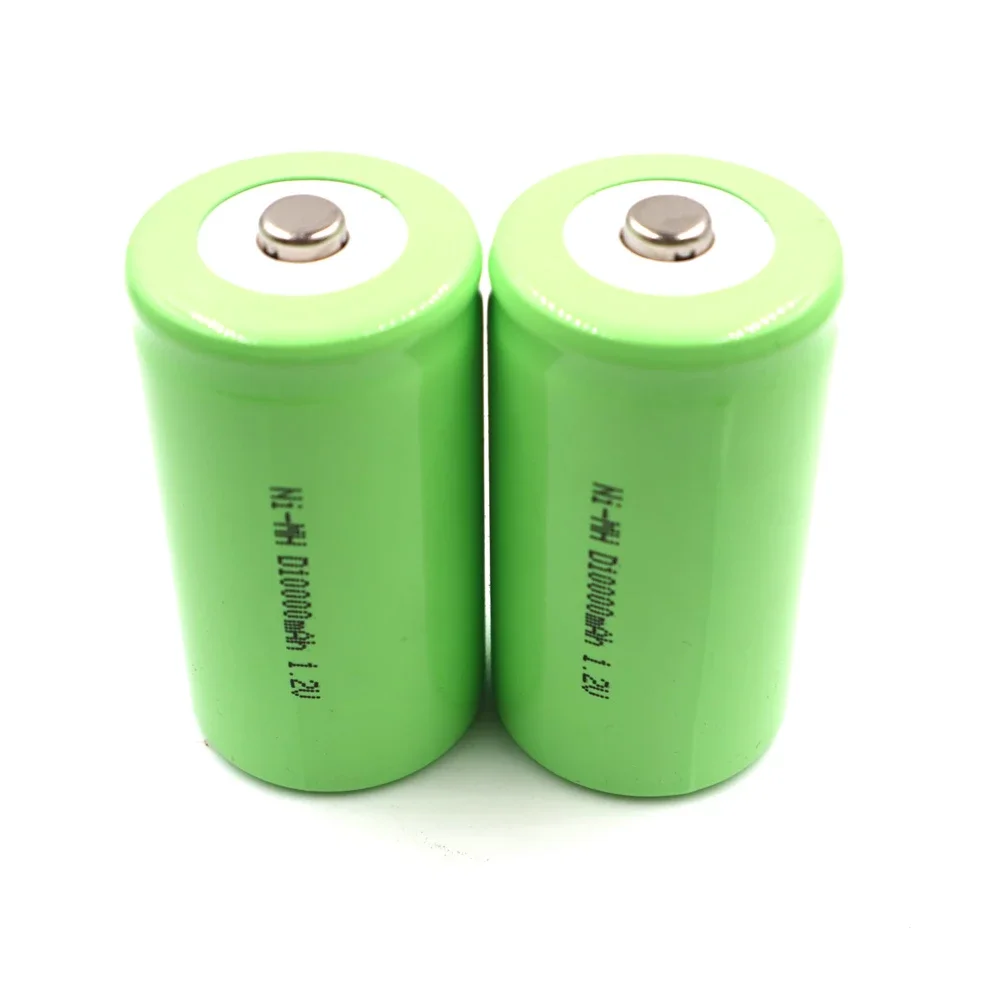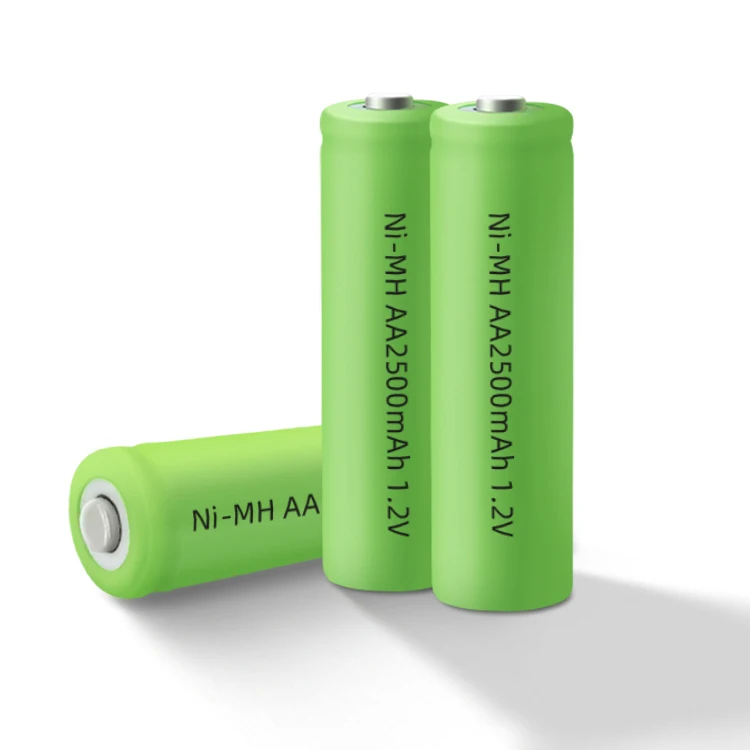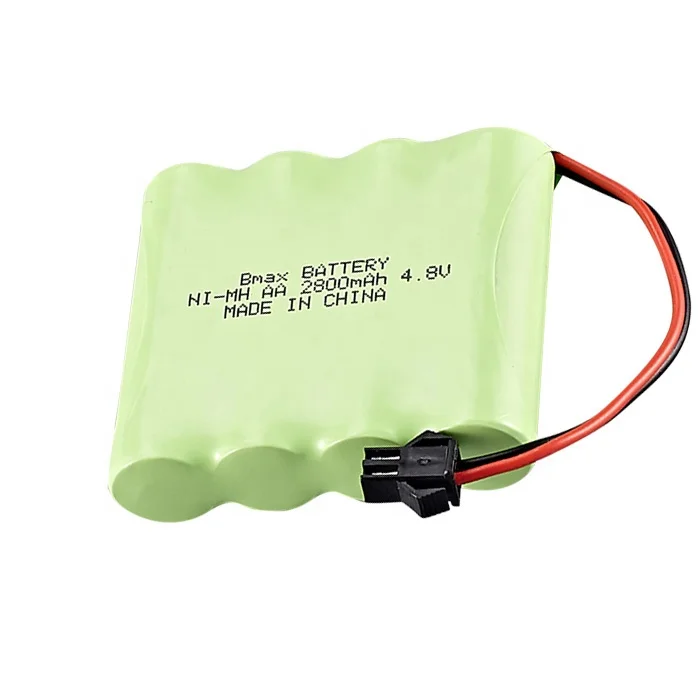Yes, generally speaking, Nickel-Metal Hydride (NiMH) batteries are considered safer than lithium-ion batteries. This relative safety can be attributed to several factors inherent in the chemical and physical properties of each battery type:
Stability and Chemical Properties
- Thermal Stability: NiMH batteries are more thermally stable than lithium-ion batteries. Lithium-ion batteries are prone to thermal runaway, a condition where an increase in temperature causes a reaction that further increases temperature, leading to potentially dangerous situations including fires or explosions. NiMH batteries, on the other hand, are less likely to experience such extreme reactions.
- Tolerance to Overcharging: NiMH batteries generally tolerate overcharging better than lithium-ion batteries. While overcharging any battery is not advisable due to potential damage and reduced lifespan, NiMH batteries are less likely to become hazardous when overcharged. Lithium-ion batteries require sophisticated charge controllers to carefully manage the charging process to prevent overcharging and ensure safety.
Handling and Usage
- Handling Safety: NiMH batteries are less sensitive to handling errors or damage. Lithium-ion batteries can be hazardous if punctured, crushed, or incorrectly charged, as they might leak, catch fire, or explode.
- No Need for a Battery Management System (BMS): NiMH batteries generally do not require a complex battery management system to ensure their safe operation. Lithium-ion batteries, in contrast, require a BMS to manage each cell’s charge state, temperature, and health to prevent unsafe operating conditions.
Environmental and Disposal Considerations
- Less Hazardous Materials: The materials used in NiMH batteries are less hazardous than those in lithium-ion batteries. Lithium-ion batteries contain more reactive and flammable materials, such as lithium salts and organic solvents, which are more dangerous to handle and dispose of compared to the metal hydride and nickel used in NiMH batteries.
- Disposal and Recycling: NiMH batteries are easier and safer to dispose of compared to lithium-ion batteries. Lithium-ion batteries require special handling and recycling processes to safely manage their disposal due to their flammable components and the risk of fire.
Application-Specific Safety
- Application Versatility: For applications where safety is a critical concern (like children’s toys, low-cost consumer electronics, or where battery replacement by non-professionals is common), NiMH batteries are often preferred due to their robustness and greater safety profile.
While NiMH batteries offer a better safety profile, lithium-ion batteries are favored in many modern applications due to their higher energy density, lighter weight, and longer lifespan. Safety advancements and protective technologies continue to improve the safety of lithium-ion batteries, making them suitable for a wide range of applications, from electric vehicles to smartphones. However, where safety and stability are paramount, NiMH batteries remain a reliable choice.


